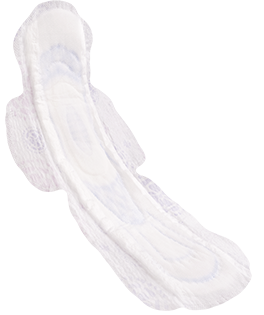Have you heard of mindfulness for stress? It turns out that this meditation technique, which is gaining popularity all over the world, consists of training your mind. So, what is mindfulness? It’s the practice of keeping your attention on the present – that’s it! Concentrate on what you are doing at that moment without thinking about what happened or will happen. For this reason, mindfulness exercises have become the most effective way to relieve stress and anxiety, among other things.
According to experts in psychology, mindfulness is a quality of the mind that we all possess and that we can get more skilled at with more training. Practicing mindfulness has become the lifeline of a multitasking society. Mindfulness can provide an answer on how to relieve stress and anxiety, which is an ideal way to combat current pressures. In addition, it has a proven effect on chronic pain, even that produced by menstrual cramps in women.
Benefits of Mindfulness Meditation
Various scientific studies by Khoury, Lecomte and Fortin, recommend this meditation technique for its ability to reduce stress and anxiety. An investigation published in the Journal of Internal Medicine, also attributed positive effects on pain perception. Some of the benefits that you can gain from practicing mindfulness include:
Stress Relief
One of the primary qualities of mindfulness is the reduction of cortisol levels. That is, the hormone that is released in response to stress. Cortisol causes side effects on a woman's blood pressure and menstrual cycle. When you use mindfulness to manage stress, your blood pressure drops, and you can get through your menstrual cycle phases with less stress. The meditation technique provides a state of serenity and calm that makes it perfect for reducing stress and anxiety levels.
Pain Reduction
Although the practice doesn’t act directly on the area affected by pain, it influences the affective-cognitive component that amplifies that experience. Mindfulness exercises help to refocus the feeling without getting caught up in the negative thoughts that the pain brings, which is ideal for managing menstrual cramps in women, as well as headaches; joint pains or those produced by external blows.
Insomnia Relief
According to Holly Roy, author of a study on the benefits of mindfulness conducted at the University of Utah, people who practice mindfulness techniques daily have better control of their emotions and their behaviour during the day. At night, they show low cortical activation that helps them sleep better. Even those who consistently practice mindfulness say that it can help reduce the time it takes to fall asleep, from half an hour to 15 minutes, regularly.
Increased Concentration
Practicing mindfulness is also seen as a complementary technique to therapy for patients dealing with attention-related disorders. This is because mindfulness focuses on training the consciousness and being present in the moment, which makes it possible for these processes to be controlled voluntarily. It also correlates very effectively with cognitive flexibility.
If you want to know how to practice mindfulness for stress, the ideal is that you go to the meditation centre of your choice. You’ll begin to discover the incredible effects of the practice in your life, not only during your period, but for every phase in your menstrual cycle.
The advice provided in this material is general in nature and is not intended as medical advice. If you need medical advice, please consult your health care professional.
Sources:
(2017) Mindfulness: 8 benefits of mindfulness. Recovered at: https://psicologiaymente.com/meditacion/mindfulness-8-beneficios-atencion-plena








